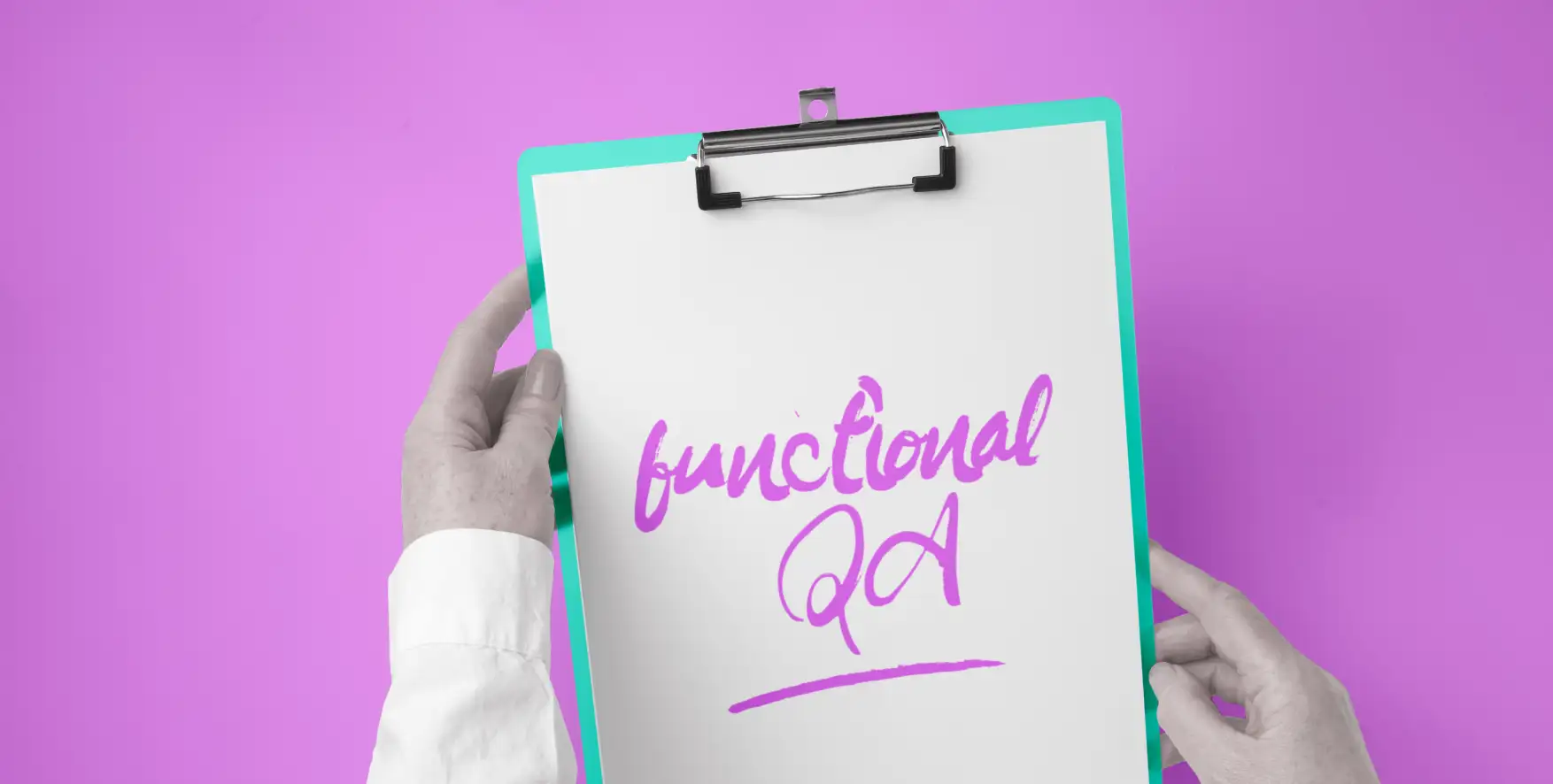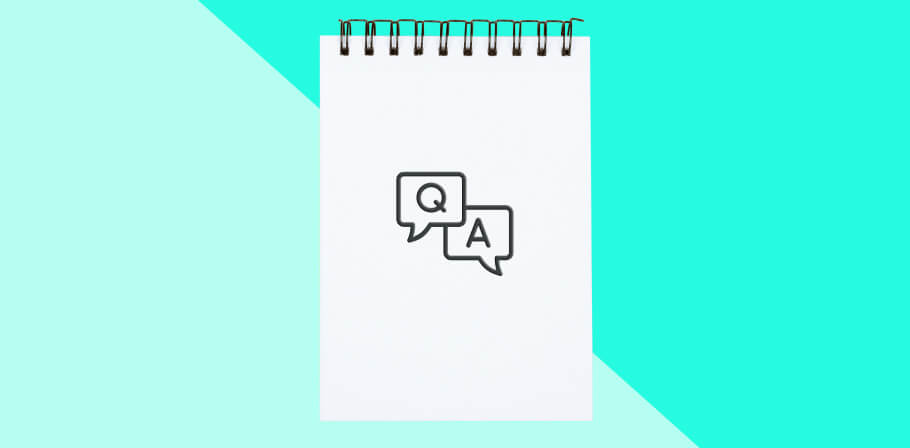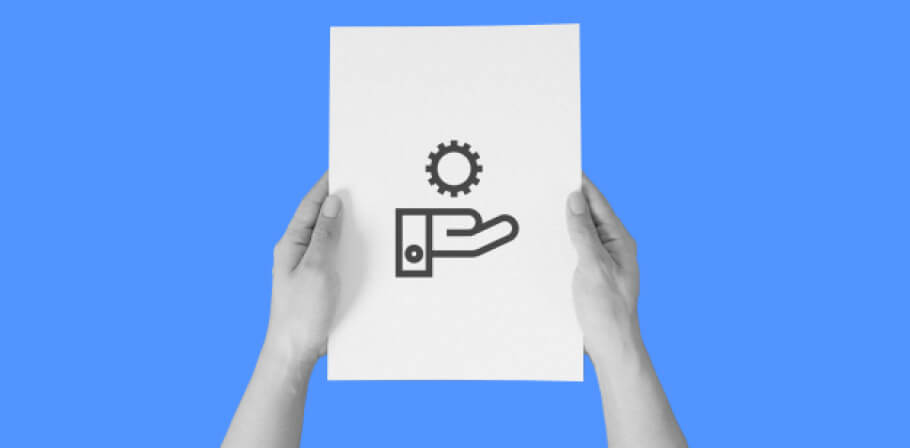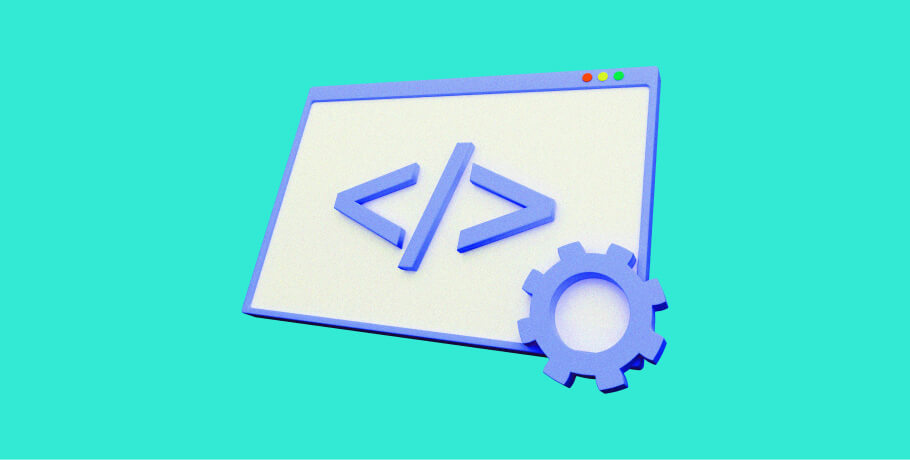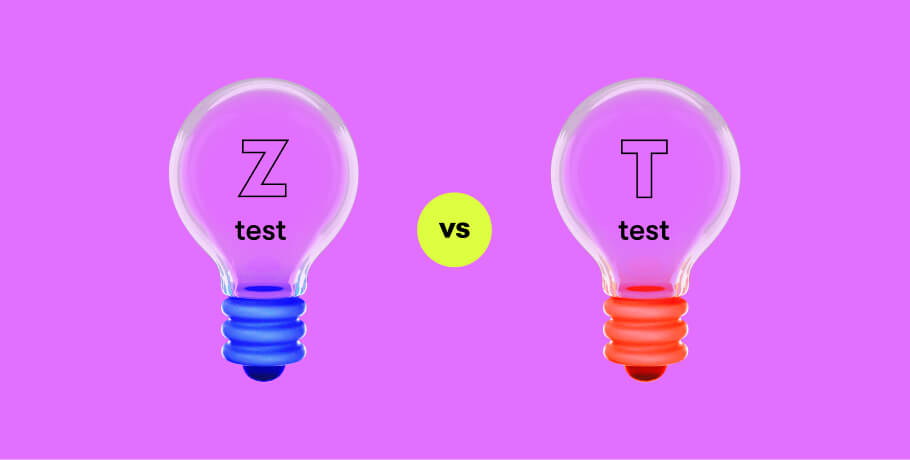In software development, your role as a senior functional tester is of utmost importance to guarantee the quality and support the dependability of applications. This article overviews the functional tester job description, outlining the roles, responsibilities, and essential skills needed to excel in this position.
What is a functional tester?
To be a successful functional tester and grow your salary continuously, you should have knowledge of software testing methodologies, as well as excellent analytical and problem-solving skills. You should also be able to communicate effectively with all members of the project team and be able to work collaboratively towards a common goal.
Additionally, having a keen eye for detail and the ability to think critically are essential qualities for this role. As a functional tester, you play a crucial part in ensuring the quality and reliability of software applications, and your contributions are highly valued by the development team and end-users alike.
What does a functional tester do?
A functional tester plays a crucial role in software development, ensuring that software applications function as intended and meet the specified requirements. They are responsible for verifying that each software feature works correctly and adheres to the expected behavior outlined in the system specifications.
The primary tasks of a functional tester include reviewing and analyzing system specifications to understand the software requirements. Based on these requirements, they develop detailed test plans and test cases that cover various scenarios and use cases. These test cases validate the software's functionality, identify potential defects, and ensure the application performs as expected under different conditions.
Once the test cases are developed, the functional tester executes them manually or using automated testing tools and analyzes the results. They identify and document any defects or discrepancies found during testing and report them to the development team. The tester then collaborates with the development team to resolve the identified issues and retests the software to confirm that the fixes have been implemented correctly.
Functional testers also participate in review meetings with other stakeholders, such as developers, business analysts, and project managers, to provide feedback on the software and the testing process. They contribute to continuously improving the software quality by suggesting enhancements to the testing methodologies, tools, and frameworks used in the project.
In addition to their technical skills, functional testers must possess strong analytical and problem-solving abilities and excellent communication and collaboration skills. These soft skills enable them to work with team members effectively, understand the software requirements, and convey the testing results and any identified issues to the development team.
In summary, a functional tester is an essential part of the software development team, ensuring that software applications meet the specified requirements and perform as expected. Their primary tasks include reviewing system specifications, developing and executing test plans and test cases, identifying and documenting defects, collaborating with the development team to resolve issues, and contributing to the overall quality of the software.
Responsibilities of a functional tester
The responsibilities of a functional tester include:
- Reviewing and analyzing system specifications to understand the software requirements.
- Developing detailed test plans and test cases based on the requirements.
- Executing test cases and analyzing the results to identify defects.
- Documenting and reporting defects to the development team.
- Working with the development team to resolve software issues.
- Ensuring that software adheres to quality standards and best practices.
- Participating in review meetings to provide feedback on the software and testing process.
Functional tester job requirements
To be successful as a functional tester, you should have:
- A bachelor's degree in computer science, engineering, or a related field.
- Background in software testing, including functional testing.
- Knowledge of software development methodologies (Agile and Waterfall).
- Familiarity with testing tools and frameworks, such as Selenium and JUnit.
- Strong analytical and problem-solving skills.
- Excellent communication and collaboration skills.
Functional tester roles and responsibilities
As a functional tester, your roles and responsibilities are critical to ensuring that software systems function effectively. Your duties may involve creating test cases, identifying and analyzing defects, and collaborating with developers to resolve issues.
You must also have a solid understanding of software testing methodologies and the ability to write and execute complex test scripts. Your expertise is essential in helping organizations deliver high-quality software solutions that meet their customers' needs and expectations. Here are some of the common roles of the QA functional tester:
- Test analyst: Analyzing system specifications and developing test plans and test cases.
- Test engineer: Executing test cases, identifying defects, and working closely with the development team on fixing software performance issues.
- Test lead: Overseeing the testing process and ensuring the software meets quality standards.
- Test manager: Managing the overall testing strategy, resources, and schedule.
Functional tester skills
Some essential skills for a functional tester include:
- Technical skills: Knowledge of programming languages, databases, and networking concepts.
- Testing skills: Familiarity with testing methodologies, tools, and frameworks.
- Analytical skills: Ability to analyze system specifications and identify potential issues.
- Problem-solving skills: Ability to identify defects and collaborate with the development team to resolve them.
- Communication skills: Capability to effectively communicate with team members and stakeholders.
QA functional tester job description template
[Company Name] is seeking an experienced QA functional tester to join our team. As a team player, the selected candidate will take ownership of ensuring the quality and reliability of our software applications. This will involve developing and executing test plans and test cases, identifying defects, and working collaboratively with the development team to resolve issues sticking to the defined timeline. Responsibilities:
Requirements:
Please send your updated resume and cover letter to xyz@company.com detailing your experience and qualifications. Successful candidates will be contacted for a short call and a technical interview. |
FAQ

With a focus on remote lifestyle and career development, Gayane shares practical insight and career advice that informs and empowers tech talent to thrive in the world of remote work.
With a focus on remote lifestyle and career development, Gayane shares practical insight and career advice that informs and empowers tech talent to thrive in the world of remote work.
Explore our Editorial Policy to learn more about our standards for content creation.
read more
